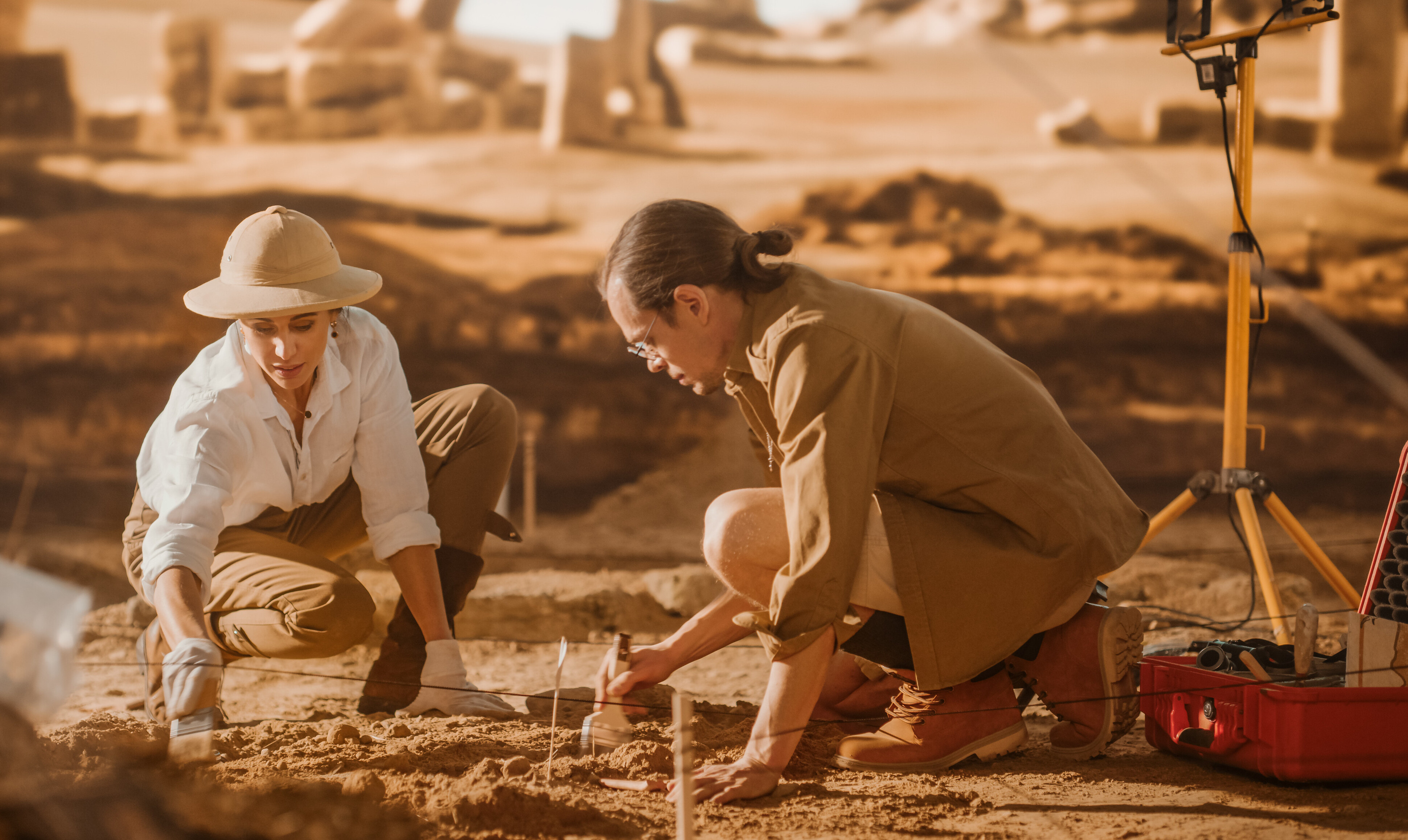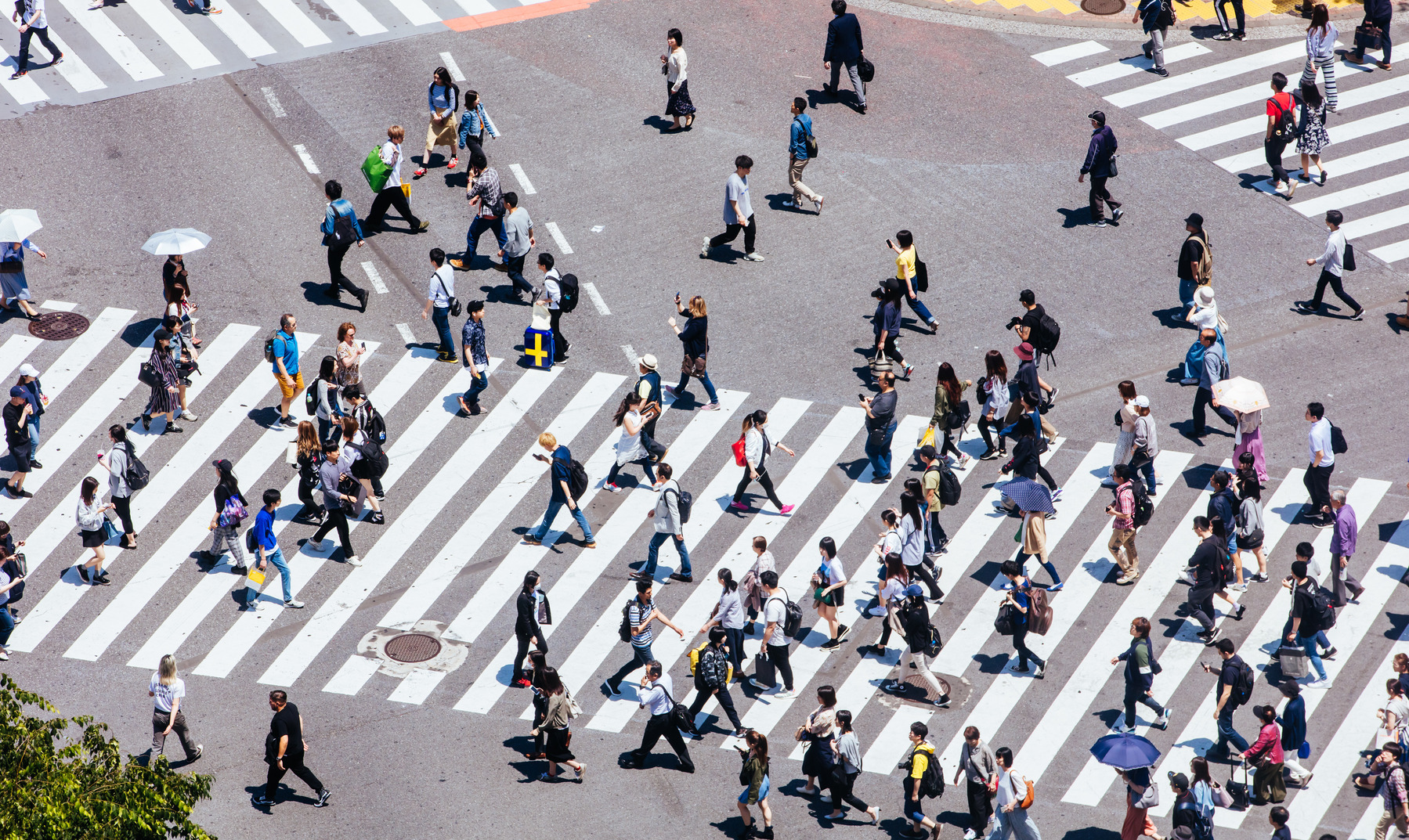A contrary direction to this is the one taken by the Helm Housing institute with the launch of the pilot project "Housing First Belfast" in 2013 dedicated to all those people who have been homeless for many years and therefore need more support. The goal of this project, recounted and documented by the photographer, is in fact to combat this phenomenon through the placement of homeless people in individual independent apartments, with the aim of fostering a state of dignified well-being and with forms of social reintegration.
In fact, housing placement is not the only problem facing the most destitute people, but only the starting point. The other major challenge is the instrumental and emotional support to the person carried out by multi-professional teams with meetings dedicated to listening to different needs such as housing management, health care or finding employment.
"A principle that I agree with and believe should be strongly promoted is that ethical choices can sometimes go a long way toward positively affecting not only the conscience but also the economy. The Housing First project is an example of this: it aims to find housing for people in need who are homeless, encouraging their reintegration into society while simultaneously weighing less on the costs of public administration. A person who succeeds in reintegrating into society will have less impact on the justice system, committing fewer crimes, and on the health system, maintaining psycho-physical health. A complex and virtuous project but also a different and pragmatic way of seeing the world, where the good of individuals and the common good become one." said Stefano Guindani, photographer and author of the BG4SDGs - Time to Change project.
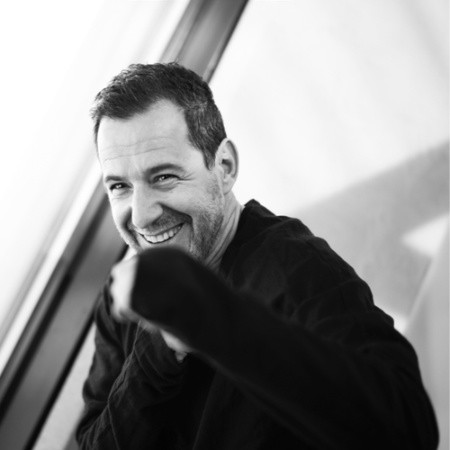 Stefano Guindani, photographer
Stefano Guindani, photographer

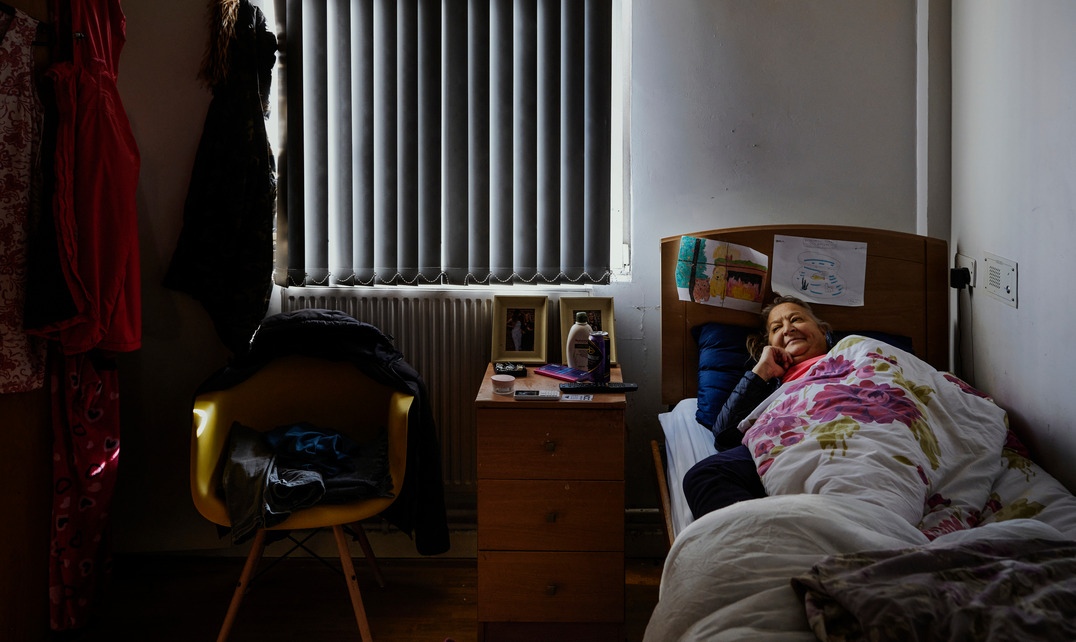
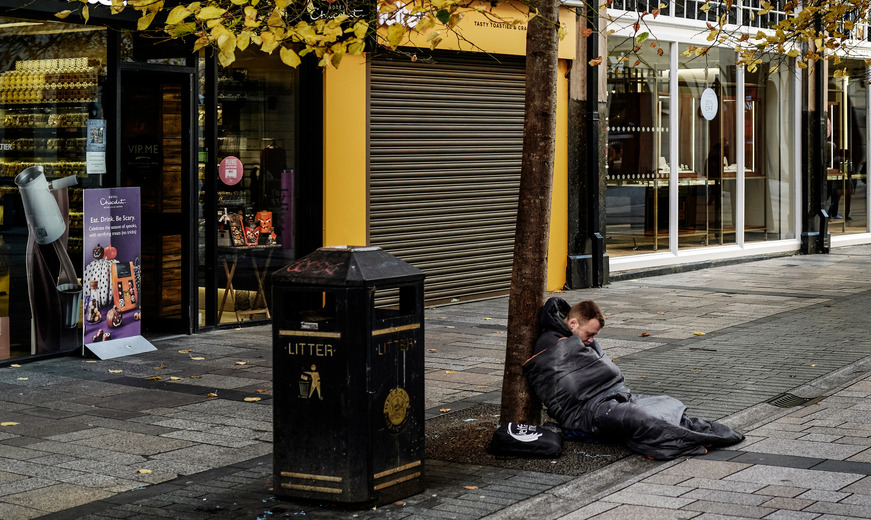
/original/BG4SDGS+Talks+%281%29.png)
